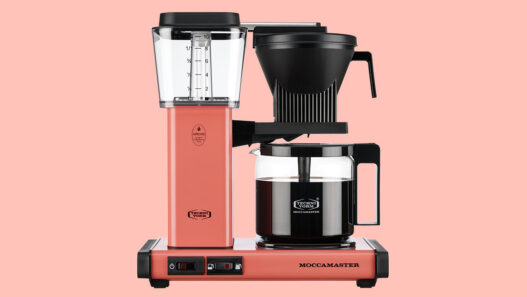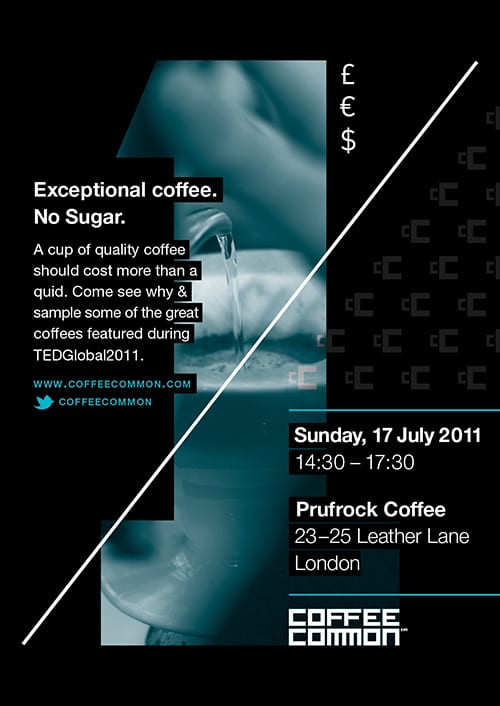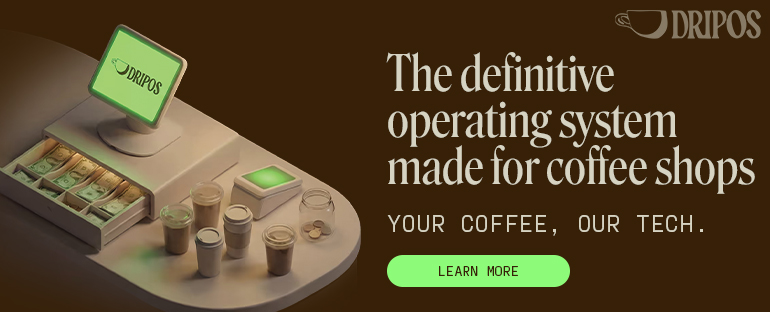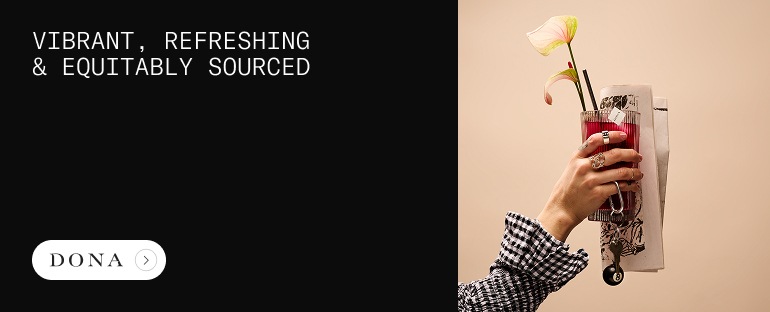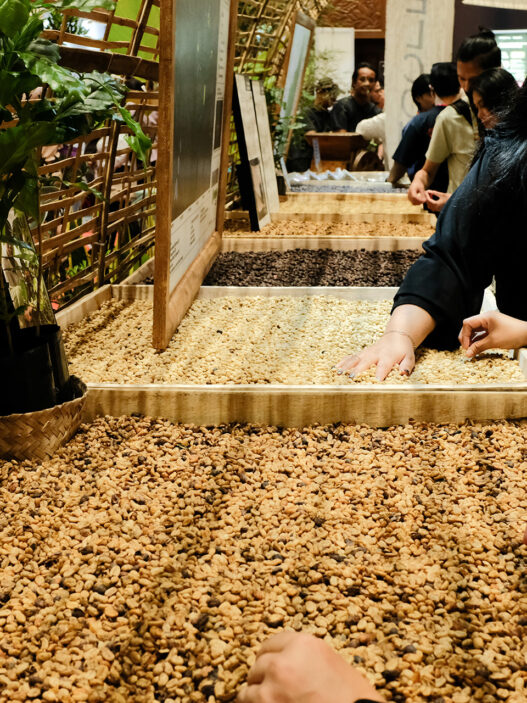 *Update: Fascinating discussion abounds in the comments section of this feature. Read on!
*Update: Fascinating discussion abounds in the comments section of this feature. Read on!
The Good Food Awards is accepting new entries for the second annual competition, and due to the big controversy last year, the coffee criteria has been updated for 2011. A lot of great coffees in 2010 were disqualified due to the shaky and indirect language of the GFA organizers. But we’re still confused: the coffee section’s original copy appears unchanged:
The winners of the Good Food Award for coffee will be distinguished by exemplary flavor – sweet, clean, well developed body, balanced acidity and phenomenal aromatics. To qualify for entry, roasters must emphasize fairness and transparency from seed to cup, and certify that their coffee beans are grown without the use of pesticides or herbicides.
However, there’s a link to new criteria…
In order to be eligible for a Good Food Award coffee producers must attest to the following:
• The farm or co-op is either certified organic or in transition to certified organic at the time of harvest.
• There is price transparency throughout the supply chain.
• The four fundamental principles of rights of work as declared by the United Nations International Labor Organization are observed: Laborers have the freedom to associate and have a right to collective bargaining, there is no compulsory labor, there is no hired child labor, and there is no discrimination in respect of employment and occupation.
Our question: why is coffee the only category that requires organic certification? Why not beer, cheese, charcuterie, chocolate, spirits or pickles? There’s even an exception for preserves containing non-organic sugar. Why? The GFA explains in a footnote:
Sugar and fruit included in small quantities (i.e. lemon juice) are not required to be grown organically due to barriers in cost and access in some regions.
Really? GFA, “barriers in cost” and “access in some regions” is exactly why several great coffee producers face challenges with organic certification.






